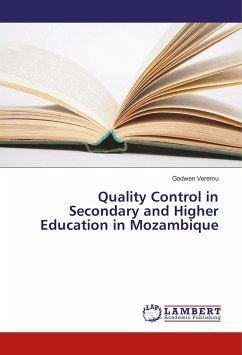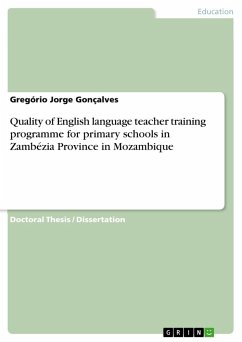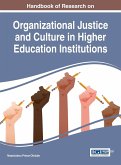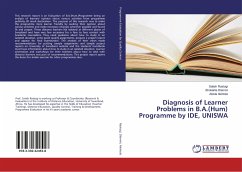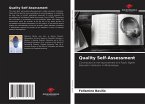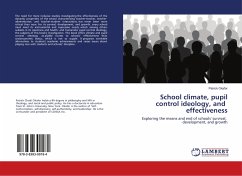The declining quality of education in Mozambique has been the talk of the day since 2004, following the introduction of the new education curriculum. (MINED, 2003). Every citizen has shown disgust over the quality of the graduates that are poured into the labour market, either from secondary, or higher education. Quality declining has been influenced by a number of factors. While secondary schools, without specified quality control systems, are producing underrated students for the universities, higher education is struggling to implement its quality evaluation policies with a snail step. This study evaluated the quality control mechanisms in Secondary and Higher Education Systems to find out their effects on pedagogical outputs. There is a clear disequilibrium between Evaluation Results and Quality. As I regard quality control a shared responsibility, I present an in-depth discussion on the role of each education stakeholder in quality control (education officers, administrators, teachers, students, and the society), where I conclude that each group must play it's role effectively to guarantee quality education.
Bitte wählen Sie Ihr Anliegen aus.
Rechnungen
Retourenschein anfordern
Bestellstatus
Storno

